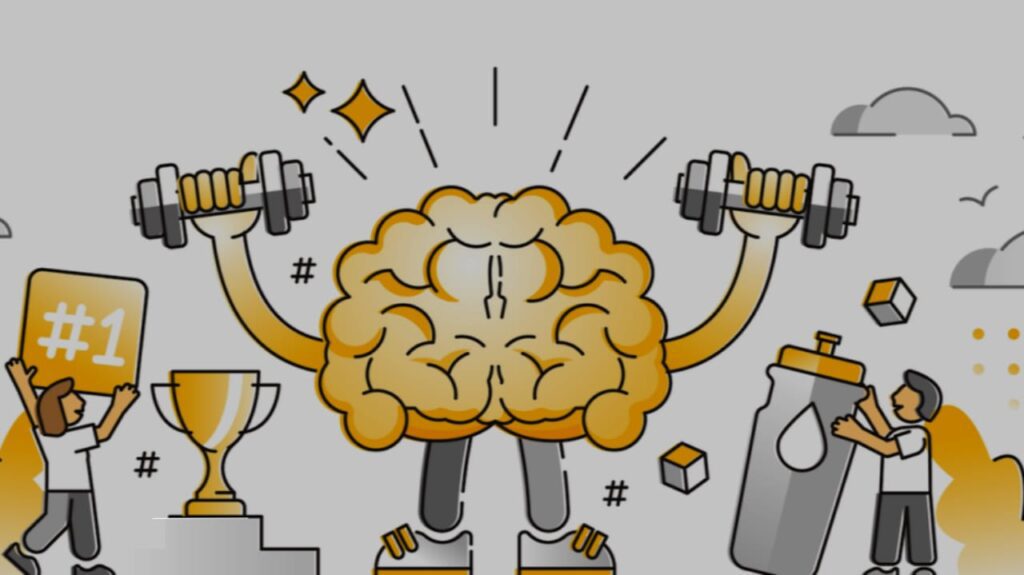
Maintaining a healthy brain is one of the most impactful things you can do to preserve your quality of life, yet many people overlook simple, everyday habits that make a difference. Think of your brain as a high-performance engine—it needs the right fuel, maintenance, and care to run smoothly. Unlike other organs, the brain’s ability to adapt and grow, known as neuroplasticity, means it’s never too late to start supporting it. Let’s explore practical, science-backed strategies to keep your mind sharp, resilient, and vibrant.
Physical activity isn’t just for your muscles—it’s a game-changer for your brain. Studies show that regular aerobic exercise, like brisk walking or cycling, increases the size of the hippocampus, the brain region tied to memory. A 2023 study published in *Neurology* found adults who exercised 150 minutes weekly had a 30% lower risk of cognitive decline. Exercise boosts blood flow, delivers oxygen, and triggers the release of brain-derived neurotrophic factor (BDNF), a protein that acts like fertilizer for brain cells. Even small changes, like taking the stairs or dancing while cooking, add up.
What you eat directly impacts how your brain functions. The Mediterranean diet, rich in leafy greens, fatty fish, nuts, and olive oil, has been linked to slower cognitive aging. Omega-3 fatty acids in salmon and walnuts build cell membranes in the brain, while antioxidants in berries fight inflammation. A 2024 Harvard study revealed that adults following this diet had brains that functioned as if they were five years younger. Avoid processed foods and excess sugar—they’re linked to brain fog and a higher risk of dementia.
Sleep isn’t a luxury—it’s a necessity for brain detoxification. During deep sleep, the glymphatic system flushes out toxins like beta-amyloid, a protein associated with Alzheimer’s. Adults who consistently sleep less than six hours nightly have a 30% higher risk of cognitive impairment, per the National Sleep Foundation. Create a sleep-friendly routine: dim lights an hour before bed, keep your bedroom cool, and avoid screens. If you struggle with sleep, short daytime naps (10–20 minutes) can recharge your brain without disrupting nighttime rest.
Chronic stress shrinks the prefrontal cortex, the area responsible for decision-making and focus. Cortisol, the stress hormone, damages neurons over time. Mindfulness practices like meditation or deep breathing counter this. A 2025 UCLA study found that participants who meditated daily for eight weeks showed improved memory and reduced brain inflammation. Even five minutes of focused breathing during a hectic day can reset your mental state.
Your brain thrives on challenges. Learning a new language, playing chess, or solving puzzles strengthens neural connections. A landmark 2022 study in *The Lancet* showed that adults who engaged in mentally stimulating activities had a 46% lower risk of dementia. “Neuroplasticity doesn’t retire—it requires consistent stimulation,” says Dr. Elena Rodriguez, a neurologist at Stanford. Try alternating between activities: learn a musical instrument one month, take up painting the next.
Humans are wired for connection. Loneliness increases dementia risk by 40%, according to a 2023 Johns Hopkins report. Social interactions activate multiple brain regions, from emotional processing to language centers. Join a book club, volunteer, or schedule regular calls with loved ones. Even casual conversations with neighbors or baristas keep your social circuits active.
Alcohol and smoking aren’t just hard on your liver or lungs—they damage brain cells. Heavy drinking accelerates brain shrinkage, while smoking restricts blood flow. A 2024 study in *JAMA Neurology* found that quitting smoking at any age improved cognitive function within six months. For alcohol, moderation is key: stick to one drink daily for women, two for men.
Dehydration impairs attention and short-term memory. Your brain is 75% water, and even mild dehydration reduces cognitive performance by 15%, per a 2025 University of Connecticut study. Keep a water bottle handy, and eat hydrating foods like cucumbers, oranges, and soups.
Lastly, don’t skip medical check-ups. Conditions like hypertension, diabetes, and depression harm brain health if untreated. Annual screenings help catch issues early. “Managing blood pressure in midlife reduces dementia risk by 60% later on,” notes Dr. Michael Chen, a geriatric specialist.
Your brain’s health isn’t determined by genetics alone—daily choices shape its future. Start with one or two changes, like adding a 20-minute walk or swapping processed snacks for nuts. Small, consistent steps build lasting resilience. Remember, a healthier brain means a fuller, more vibrant life.
